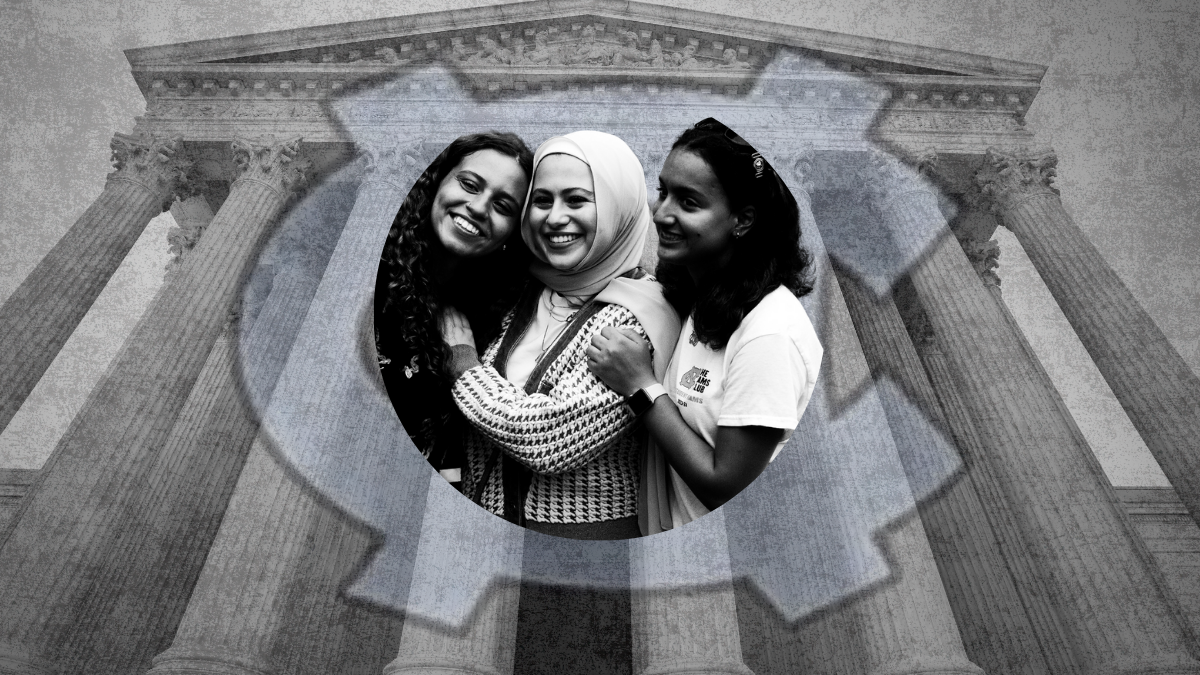Source: NC Newsline
According to new data, UNC-Chapel Hill’s newest class is less diverse following the Supreme Court’s 2023 affirmative action ruling.
The percentage of first-year and transfer students identifying as white or Asian has increased from 88.5 percent to 89.6 percent. In contrast, the number of incoming students identifying as Black, Hispanic or Native American students dropped from 22.9 percent to 19 percent, compared to previous data.
The significant drop comes amid efforts by Republicans to undo the last 60 years of progress, erasing anti-discrimination protections and diversity, equity, and inclusion programs from state agencies and institutions.
According to WRAL, the Republican-led North Carolina General Assembly voted last year to ban diversity, equity and inclusion training, as well as pro-diversity statements on job applications, throughout all of state government including universities.
Earlier this year, Republican appointees to the UNC System Board of Governors voted to no longer require DEI offices on each campus.
Research shows that diversity in higher education improves learning outcomes for all students, and the benefits extend beyond graduation.
The Republican-leaning Supreme Court’s ruling and conservative lawmakers’ efforts will not only negatively impact low-income students and students of color, but could also prevent other students at these universities from benefiting from the perspectives and experiences that having a more diverse class brings.
According to research from The Century Foundation, diverse classrooms can improve students’ satisfaction and intellectual self-confidence, enhance leadership skills, and prepare students to work in a diverse global economy, increasing the productivity, effectiveness, and creativity of teams.
“Affirmative action ensures colleges and universities provide opportunity to those historically shut out of the system because of their race, ethnicity, income, or identity. For this reason, it is critically important that policymakers and legislators work to protect the use of race-conscious admissions policies across the country,” wrote Connor Maxwell, a policy analyst for Race and Ethnicity Policy Center, and Sara Garcia, a former senior researcher at the Center for American Progress.
“If not, inequality will continue to persist, and the American higher education system will fail to serve those that could benefit the most.”





